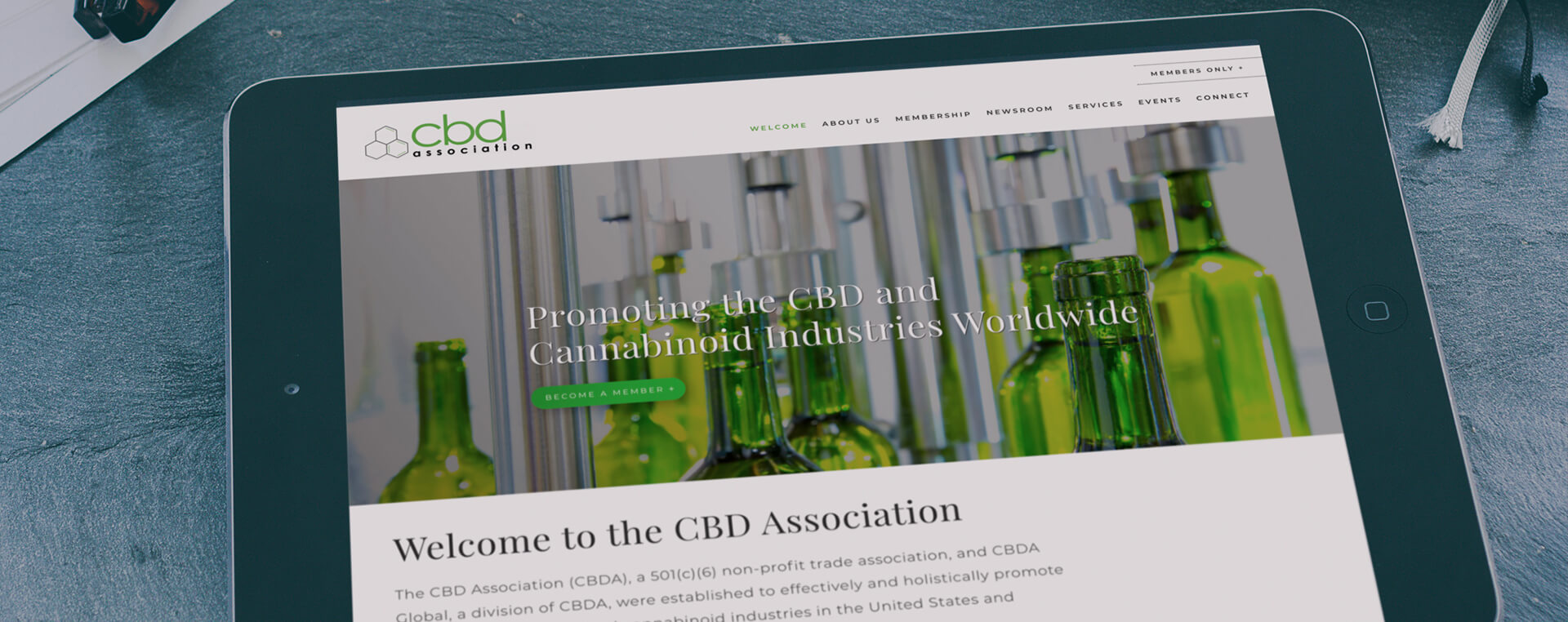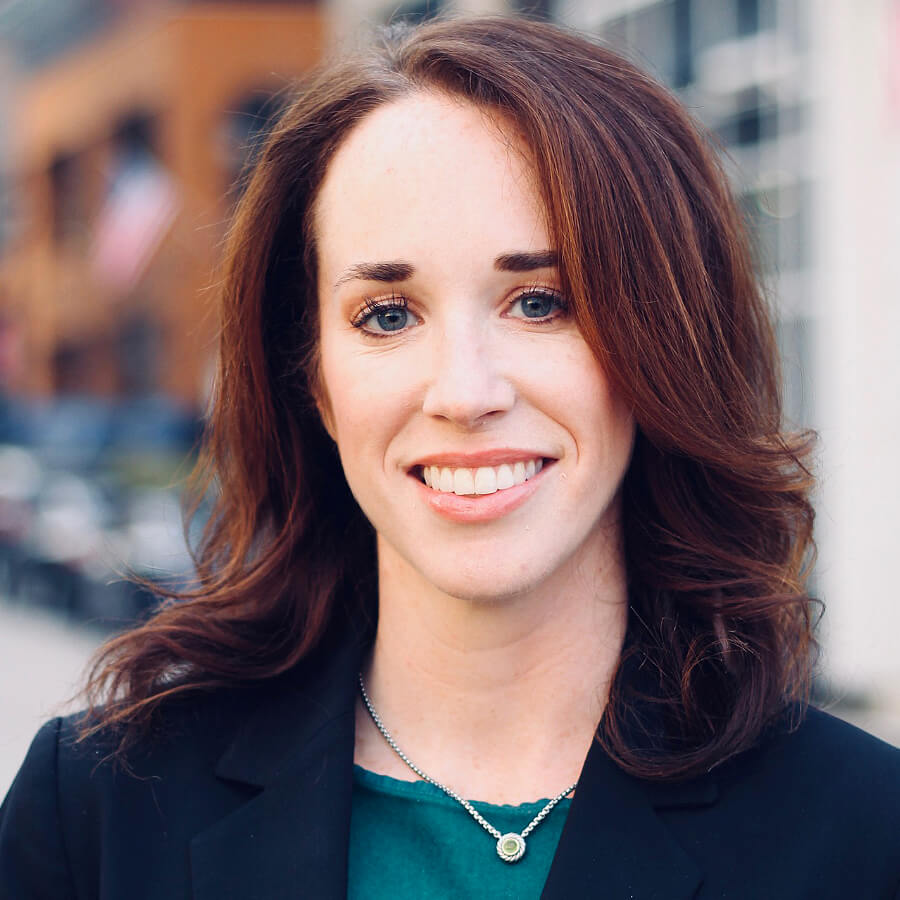Cannabidiol (CBD), one of more than a hundred cannabinoids found in cannabis, is the most popular and most talked about product in the health and wellness market. A more natural approach to pain relief, CBD is touted as an alternative to narcotic pain products.
Many studies show that CBD has the potential to be effective in the treatment of inflammation and pain. Consumers worldwide have stories about the relief they experienced from their use of CBD for issues ranging from chronic pain to anxiety to skin irritation. Furthermore, many suggest CBD oil could be a solution to opioid addiction and could help curb the escalating number of opioid overdoses.
More research is required to confirm the benefits of CBD oil. Nonetheless, the research that has been conducted and, combined with anecdotal evidence, there is good reason to believe CBD is shaping up as a promising treatment for pain.
Most of the CBD products that consumers will come across are derived from industrial hemp, which is federally legal. Marijuana-derived CBD products are federally illegal, though some states allow them.
Types of CBD
Today, Americans can purchase a wide range of products that contain CBD. Many consumers are unfamiliar with the types of products they may find, so here’s a rundown:
- Oils and tinctures: CBD oil and tinctures are the most common products. Using a dropper placed under the tongue or by adding them to food and drinks themselves, consumers can get fast, natural relief from pain. Various strengths and flavors of CBD oils and tinctures are available — consumers will often come across the following terms when shopping in the world of CBD:
- CBD isolate – CBD isolate products contain CBD only.
- Broad spectrum – Broad-spectrum CBD products contain other compounds and cannabinoids found in the cannabis plant, but should not include THC.
- Full spectrum – Full-spectrum products may include low quantities of THC. If the product does contain THC, it must be under 0.3 percent as mandated by federal law.
- Topicals: CBD is sold in topical oils, creams, and lotions. Some people may feel the effects immediately, whereas others may not notice any effects for several hours. The strength, method of application, and treatment purposes vary widely (i.e., lotion, shampoo, face cream, muscle rub, bath soak). It might be best to try out a few different types to identify what provides the appropriate relief.
- Edibles: CBD edibles contain the above extracts but in a food form. CBD edibles are available as drinks and food items, such as teas and chocolate. Note that the FDA has not approved CBD as an additive to food and beverage on the federal level.
- Flower and vaporizers:In many states, consumers purchase “flower,” or the raw plant material CBD comes from, to smoke. Vaporizers can also deliver CBD extracts. However, smoking and vaping come with added risk, such as lung damage.
Proceed with caution
The excitement over CBD has resulted in a flood of CBD products in the American market. Government safeguards are struggling to catch-up and many of the CBD products on the market are unregulated.
Consumers must be careful in choosing whether or not to use CBD and should consult with their physician before doing so. Furthermore, some products in the market have been shown to be misleading and even unsafe for consumption. To find a reliable source of CBD, seek a second opinion.
The CBD industry needs a strong voice in the ears of government officials and regulators to ensure the creation of safe and trustworthy industry standards, especially as government agencies at the federal, state, and local levels are just now beginning to regulate CBD. CBDA is working hard to fight for CBD industry stakeholders and to protect consumers.


